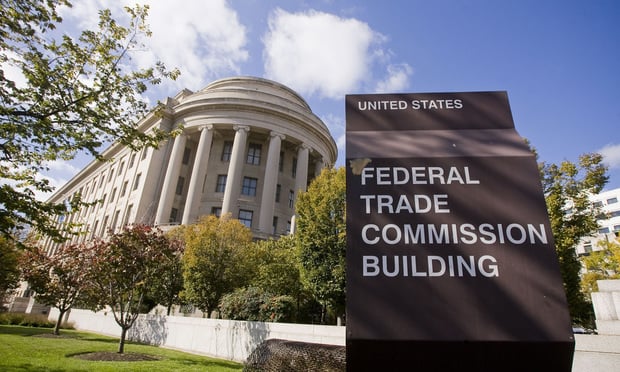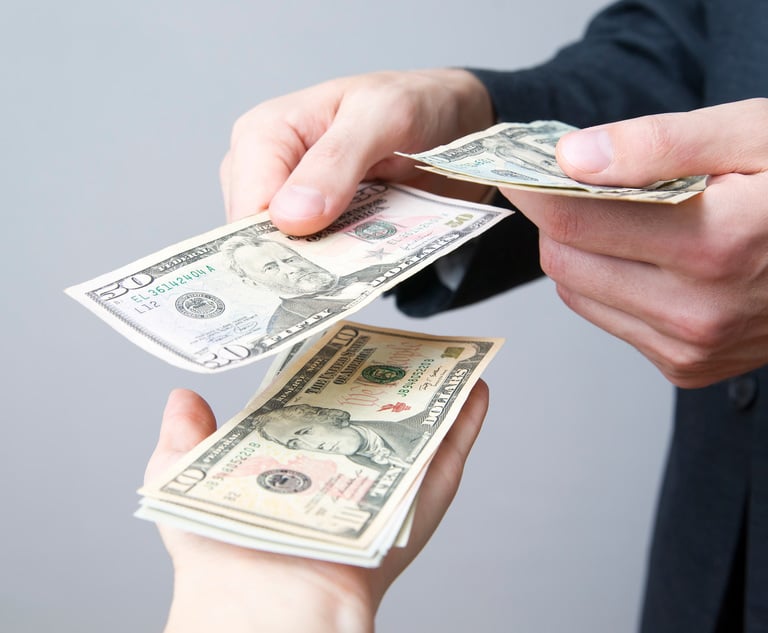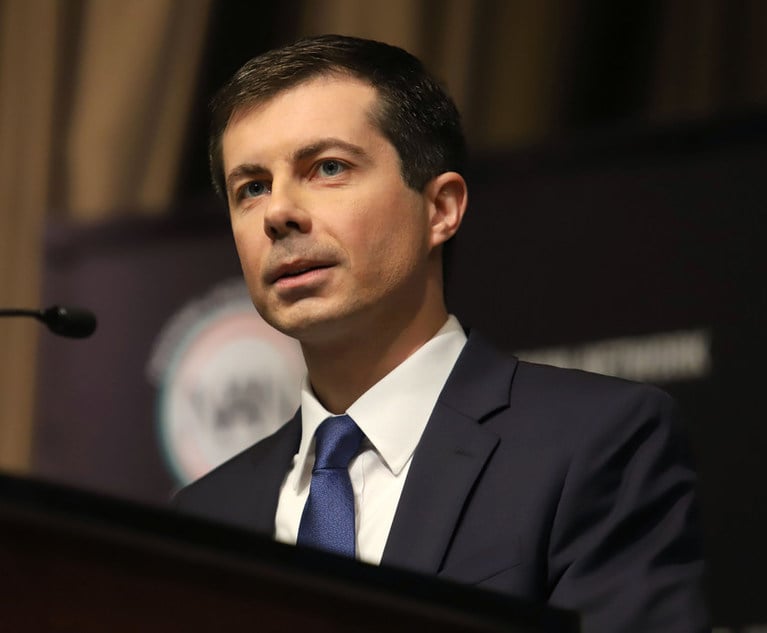In 2014, Chief Justice John Roberts Jr. suggested that electronic filing at the high court, once it had been operating effectively for some time, would become the official means of filing documents. After nearly three years in operation, neither e-filing nor even a pandemic has dislodged paper copies as the official filing by lawyers.
The nation’s public health crisis has triggered concerns among some high court advocates about the paper copy filing requirement, which may require trips to the post office or the printer at a time when stay-at-home orders govern most states. One advocate is urging the court, in a letter to clerk Scott Harris, to consider adopting electronic filing as the official filing and to suspend the paper copy requirement for those filers who are able to submit documents by e-filing.


 U.S. Supreme Court building on Tuesday, April 23, 2019.
U.S. Supreme Court building on Tuesday, April 23, 2019.






